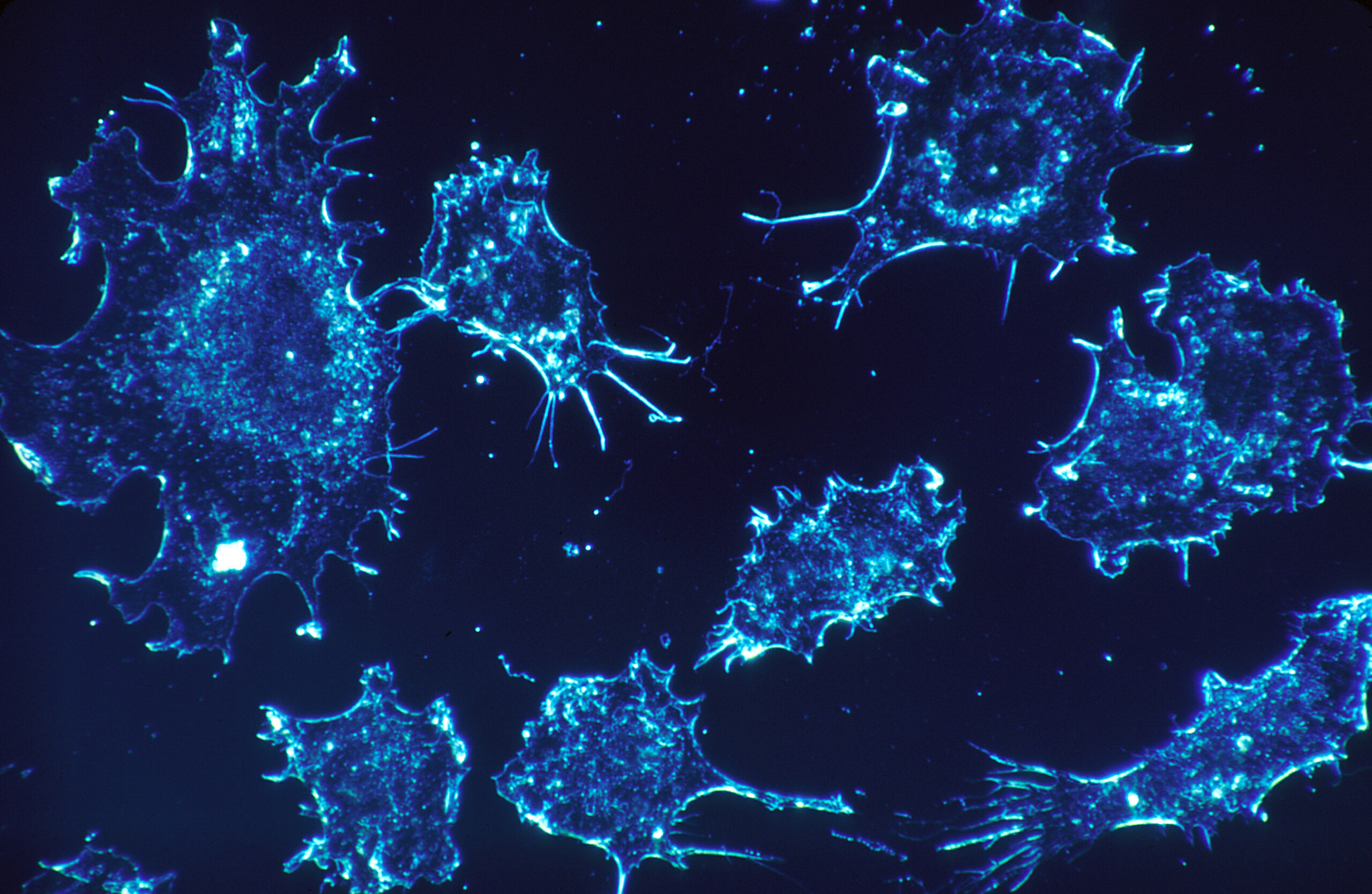Scientists are finally realising that medicine has it wrong about cancer and the way to treat it. Many aggressive cancers are caused by low oxygen levels in cells, scientists have discovered and not by genetic mutations that need to be blasted by chemotherapy.
The discovery – by scientists at the University of Georgia – means that cancer should be treated in a completely different way.
The research team, led by Professor Ying Xu, analysed seven different cancer samples, and discovered that all of them had very low levels of oxygen, which they say is the driver of uncontrollable tumour growth.
Low oxygen levels affect the way cells normally convert ford to energy; as levels fall, a process known as glycolysis kicks in. However, it’s a very inefficient process and the cancer cells have to work harder to obtain food, and especially glucose, in order to survive.
Low oxygen levels also trigger a biological process known as angiogenesis, or the creation of new blood vessels. Although the new vessels provide fresh oxygen, it’s a temporary relief and eventually creates a vicious circle that results in aggressive tumour growth.
Xu says the low-oxygen model also explains why many cancers become drug resistant within three to six months.
(Source: Journal of Molecular Cell Biology, 2012; doi 10.1093/jmcb/mjs017)

